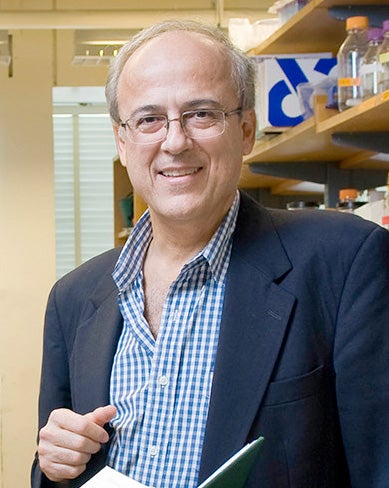Metabolic engineering is a maturing field, just about 20 years old. During this period, it has developed new concepts, a well-defined methodology and a focused research portfolio of rich intellectual content and particular relevance to biotechnology and biological engineering. Its goal is to harness the immense potential of microorganisms for the production of useful products, in particular from renewable resources. This it does by engineering the cellular metabolism such as to favor product-forming pathways while maintaining normal cellular functions. Having been founded on modern genetic methods and concepts of chemical reaction engineering, Metabolic Engineering is now adapting itself to rapid changes to take advantage of genome sequencing and avalanches of cell- and genome-wide-data.
In this talk I will review the foundations of metabolic engineering, its key technologies and how it has evolved since its genesis. Particular emphasis will be placed on the new and diverse types of chemistry that can be carried out with the use of microbial catalysts that are extremely challenging for synthetic chemistry. As such, metabolic engineering emerges as the enabling science for the production of chemical and pharmaceutical products in the 21st century. Examples from the production of biofuels, pharmaceuticals and materials from renewable resources will be used to illustrate the above points.

Professor Stephanopoulos' current research focuses on metabolic engineering and its applications to the production of fuels, bio-chemicals and specialty chemicals, as well as mammalian cell physiology as it pertains to diabetes and metabolism. He co-authored the first textbook on Metabolic Engineering. He has co-authored or –edited 5 books and ~300 papers and 25 patents. He has supervised 50 graduate and 40 post-doctoral students and is presently the editor-in-chief of the journal Metabolic Engineering; he also serves on the Editorial Boards of 7 scientific journals.

